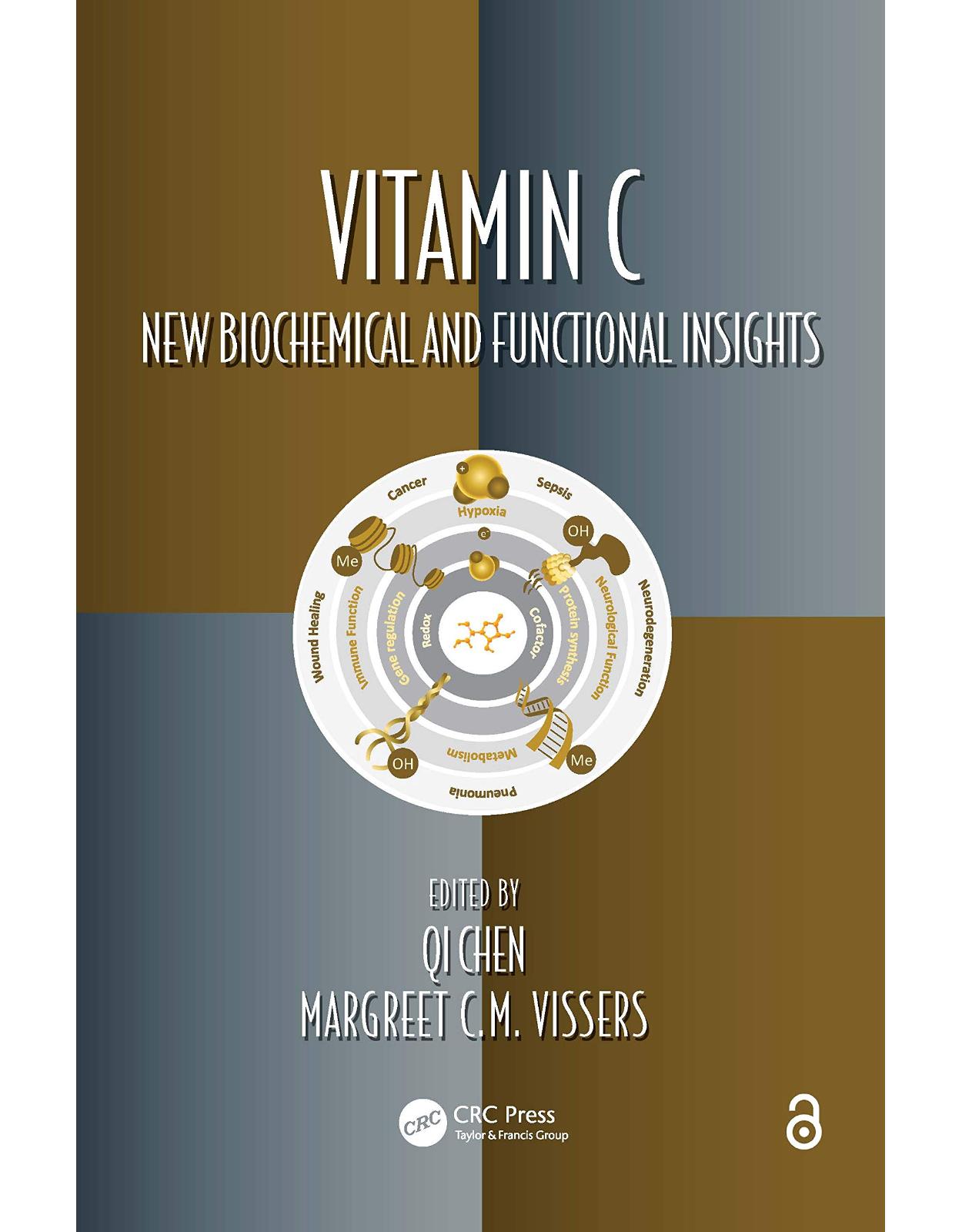
Vitamin C: New Biochemical and Functional Insights: 1 (Oxidative Stress and Disease)
Livrare gratis la comenzi peste 500 RON. Pentru celelalte comenzi livrarea este 20 RON.
Disponibilitate: La comanda in aproximativ 4-6 saptamani
Editura: CRC Press
Limba: Engleza
Nr. pagini: 268
Coperta: Hardcover
Dimensiuni: 18.29 x 1.78 x 25.65 cm
An aparitie: 4 Feb. 2020
Description:
Vitamin C holds a unique place in scientific and cultural history. In this book, a group of leading scientific researchers describe new insights into the myriad ways vitamin C is employed during normal physiological functioning. In addition, the text provides an extensive overview of the following: the rationale for utilizing vitamin C in the clinic, updates on recent uses of vitamin C in cancer treatment through high-dose intravenous therapies, the role vitamin C plays in the treatment of sepsis and infectious disease, management of the ways vitamin C can improve stem cell differentiation, as well as vitamin C use in other important health situations. Features Includes chapters from a team of leading international scholars Reviews the history and recent research on the functions, benefits, and uses of vitamin C Focuses special attention on the way vitamin C can be used in the treatment of cancers Discusses how vitamin C can be employed against infectious disease
Table of Contents:
Part I: Overview of Vitamin C
1. A “C Odyssey”: Recommended Dietary Allowances and Optimal Health: Paradigm and Promise of Vitamin C
Introduction: Recommended Dietary Allowances and their Limitations
Concentration-Function Hypothesis: Physiology/Pharmacokinetic Approaches
Vitamin C as a Model Vitamin
Vitamin C Physiology and Pharmacokinetics in Healthy Humans: Tight Control and Underlying Mechanisms
Bioavailability and Unexpected Consequences
Tissue Transport and Unexpected Consequences
Renal Reabsorption
Utilization
Paradigm and Promise
Abbreviations
Acknowledgments
References
Part II: Chemistry and Biology of Vitamin C
2. Chemistry and Biochemistry of Vitamin C in Mammalian Systems
Introduction
Ascorbate Chemistry
Recycling of the Ascorbyl Radical
Autoxidation
Chemistry of dehydroascorbate
GLUT-Mediated Uptake of DHA
Regeneration of DHA
Fate of DHA Breakdown Products
Pro-oxidant activity of ascorbate
Summary
References
3. Vitamin C Alimentation via SLC Solute Carriers
Introduction
Initial Cloning and Characterization
Functional Properties of THE SLC23 Family
Phylogenetic Aspects
Structure-Function Relationship of the SLC23 Family
Overall Fold and Transmembrane Architecture
Domain Architecture and Mechanism of Transport
Substrate-Binding Site
Dimerization
Physiological Roles
Tissue Distribution
Knockout Mice
Role of SVCT in Human Health and Ascorbic Acid Recycling
Regulation of THE Expression of SVCT1 and SVCT2
Pathological Role
Inflammation, Infection
Chronic Alcohol Abuse
Cancer
Huntington Disease
Single Nucleotide Polymorphisms
Pharmacological Relevance
References
4. Vitamin C Pharmacokinetics
Introduction
Pharmacokinetics of Vitamin C
Oral Route of Administration
Absorption
Distribution
Metabolism
Excretion and Reuptake
Steady-State Homeostasis of Vitamin C Following Oral Administration/Intake
Effect of Dosing Forms and Formulations
Intravenous Route of Administration
Distribution
Metabolism and Excretion
Vitamin C Homeostasis
Influence of Polymorphisms
Smoking
Disease
Concluding Remarks
References
5. Ascorbate as an Enzyme Cofactor
Introduction
Tissue Distribution of Ascorbate in Humans
Ascorbate as a Cofactor for Iron-Containing Enzymes
Reaction Mechanism of the 2-Oxoglutarate–Dependent Dioxygenases
Role of Ascorbate in the Reaction Cycle of 2-OGDDs
Estimation of Ascorbate Concentrations Required to Support 2-OGDDs
Effect of Ascorbate Availability on 2-OGDD–Mediated Processes
Ascorbate and Collagen Synthesis
Ascorbate and Carnitine Synthesis
Ascorbate and Regulation of the Hypoxic Response
Ascorbate and Epigenetics
Ten-Eleven Translocase Enzymes and Ascorbate in Epigenetics and Development
Ascorbate and TET Enzymes in Cancer
Ascorbate and Other 2-OGDDs in Cancer
Ascorbate as a Cofactor for Copper-Containing Monooxygenases
Dopamine β-Hydroxylase
Peptidylglycine α-Amidating Monooxygenase
Effect of Ascorbate Availability on Copper-Containing Monooxygenase-Mediated Processes
Oxytocin
Vasopressor Functions—Vasopressin and Norepinephrine
Tetrahydrobiopterin Recycling
Substance P
Summary
References
6. Role of Ascorbate and Dehydroascorbic Acid in Metabolic Integration of the Cell
Introduction
Vitamin C in Metabolism: Redox Context
Ascorbate-Requiring Enzymes and their Subcellular Compartmentalization
Fe[II]/2-Oxoglutarate–Dependent Dioxygenases
Copper Type II Ascorbate-Dependent Monooxygenases
Subcellular Transport of Vitamin C
SVCTs in the Intracellular Membranes
GLUT Family Members in the Intracellular Membranes
Mitochondrial Vitamin C Transport
Vitamin C in Mitochondria
Mitochondrial Reactive Oxygen Species Generation and Elimination
Vitamin C in Mitochondrial Antioxidant Defense
Vitamin C and Mitochondrial Electron Transfer
Ascorbate Compartmentalization and Human Diseases
Scurvy and Subcellular Scurvy
Werner Syndrome
Arterial Tortuosity Syndrome
Ascorbate in the Orchestration of Metabolism
References
Part III: Vitamin C and Immune Function
7. Vitamin C in Pneumonia and Sepsis
Introduction
Pneumonia and Vitamin C
Sepsis and Vitamin C
Acute Lung Dysfunction
Role of Neutrophils
Mechanisms of Action
Biosynthetic Functions
Gene Regulatory Functions
Conclusions and Future Directions
Acknowledgments
References
8. Vitamin C in Immune Cell Function
Introduction
Ascorbate Levels in Immune Cells
Hypoxia-Inducible Factors and Dependency on Ascorbate
Function of THE Hypoxic Response in Immune Cells
Monocytes/Macrophages
Neutrophils
T Cells
Ascorbate and Regulation of Epigenetics in Immune Cells
Monocytes/Macrophages
Dendritic Cells
T Cells
NK Cells
Summary
References
9. Role of Vitamin C in Chronic Wound Healing
Introduction
Structure of Skin
Wound Healing in Acute Versus Chronic Wounds
ProblemS with Chronic Wounds
Vitamin C
Vitamin C Content of Skin
Effect of Vitamin C on Wound Healing
Wound Healing in Scurvy
Animal Studies and Wound Healing
Biological Roles of Vitamin C in Wound Repair
Promotion of Collagen Formation
Ability to Regulate Inflammatory Responses
Interaction with Cell Signaling Pathways
Modulation of Hypoxia-Inducible Factor Signaling
Chronic Wounds and Vitamin C: Human Studies
Vitamin C Status of Those with Chronic Wounds
Interventional Studies of Chronic Wounds
Summary
References
Part IV: Vitamin C and Neurological Function
10. Vitamin C in Neurological Function and Neurodegenerative Disease
Introduction
Vitamin C–Dependent Mechanisms in the Brain
Role of Vitamin C in Oxidative Stress
Vitamin C as an Enzyme Cofactor
Glutamate Clearance and Excitotoxicity
Methodological Considerations and Clinical Research Challenges
Vitamin C and Alzheimer Disease
Background, Presentation, Etiology
Vitamin C and Molecular Mechanisms of AD
Oxidative Stress and β-Amyloid
Glutamate–Ascorbic Acid Exchange Mechanism and Seizure Susceptibility
Clinical and Epidemiological Evidence for Involvement of Vitamin C in AD
Huntington Disease
Background, Presentation, Etiology
Vitamin C and Molecular Mechanisms of HD
Oxidative Stress
Glutamate Homeostasis and Vitamin C Release
Clinical and Epidemiological Evidence for Involvement of Vitamin C in HD
Parkinson Disease
Background, Presentation, Etiology
Vitamin C and Molecular Mechanisms of PD
Oxidative Stress and Mitochondrial Function
Glutamate Homeostasis and Excitotoxicity
Clinical and Epidemiological Evidence for Involvement of Vitamin C in PD
Amyotrophic Lateral Sclerosis and Multiple Sclerosis
Amyotrophic Lateral Sclerosis
Vitamin C and Molecular Mechanisms of ALS
Clinical Evidence for Involvement of Vitamin C in ALS
Multiple Sclerosis
Vitamin C and Molecular Mechanisms of MS
Clinical Evidence for Involvement of Vitamin C in MS
Summary and Conclusions
Abbreviations
References
11. Vitamin C and the Brain
Introduction
Vitamin C: Brain Physiology and Homeostasis
Physiology
Homeostasis
Vitamin C Deficiency and the Mind–Body Problem
Mental Effects of Vitamin C Deficiency
Case Reports
Experimental Human Scurvy
Movement Disorder
Mental Effects of Treating Hypovitaminosis C
Conclusions
Brain Diseases
Acute Brain Injury
Ischemic Brain Infarction
Delirium
Dementia
Mental Illness
Pharmacologic Vitamin C and Mental Function
Conclusions
How Does Vitamin C Deficiency Affect the Brain?
Brain Diseases
Pharmacologic Vitamin C and Mental Function
Mind–Body Problem
What Is the Best Dose of Vitamin C for the Brain?
References
12. The Epigenetic Role of Vitamin C in Neurological Development and Disease
Introduction
Vitamin C in DNA and Histone Methylation
DNA Demethylation
Histone Demethylation
Vitamin C in Neurological Development and Function
Vitamin C and Neurons
Neurotransmitters
Catecholamines
Glutamate and Acetylcholine
Serotonin
5hmC and Neurodevelopment
Vitamin C, Methylation Dynamics, and Neurological Disease
Alzheimer Disease
Epilepsy
Conclusions
Acknowledgments
References
Index
| An aparitie | 4 Feb. 2020 |
| Autor | Qi Chen , Margreet C M Vissers |
| Dimensiuni | 18.29 x 1.78 x 25.65 cm |
| Editura | CRC Press |
| Format | Hardcover |
| ISBN | 9781138337992 |
| Limba | Engleza |
| Nr pag | 268 |

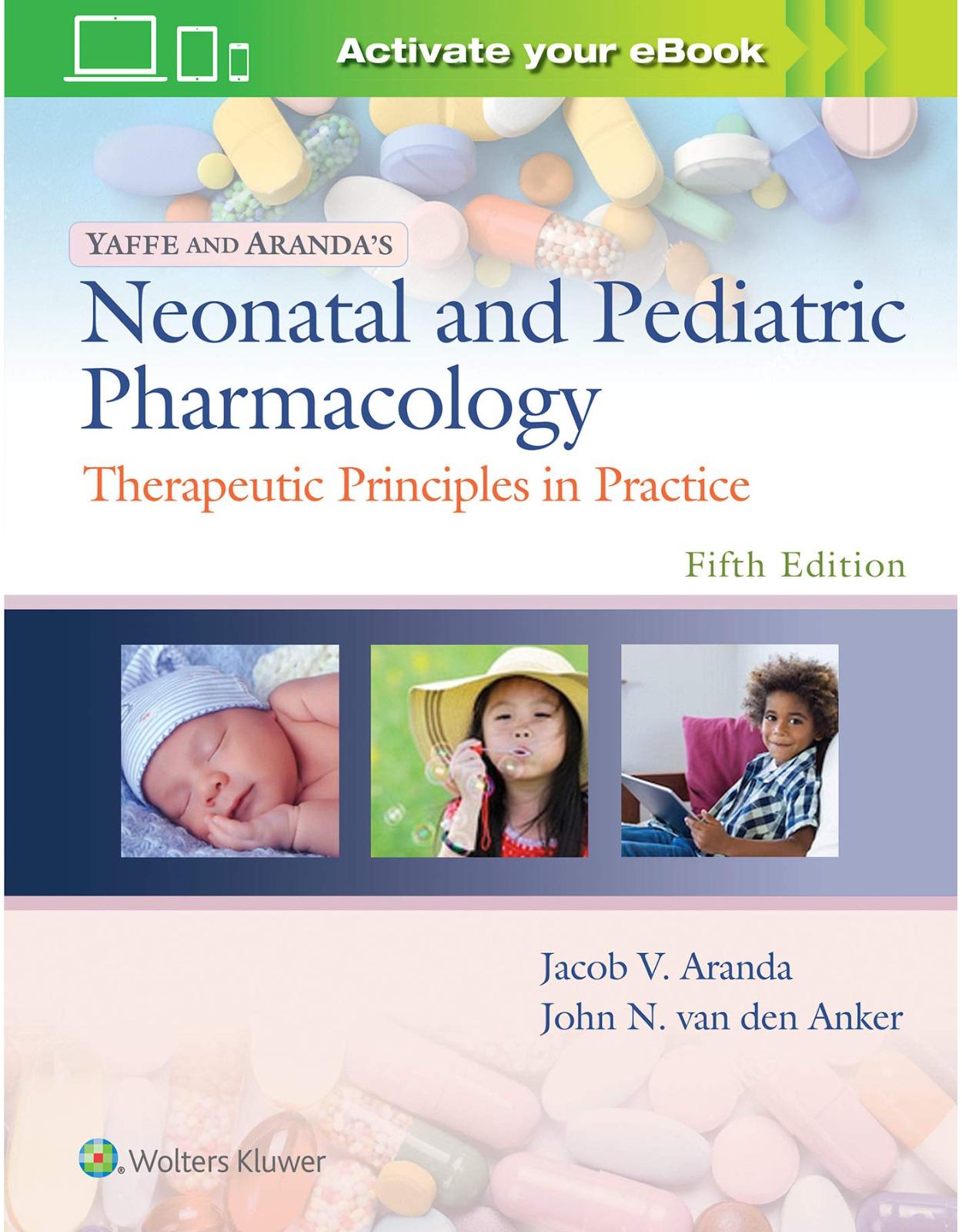
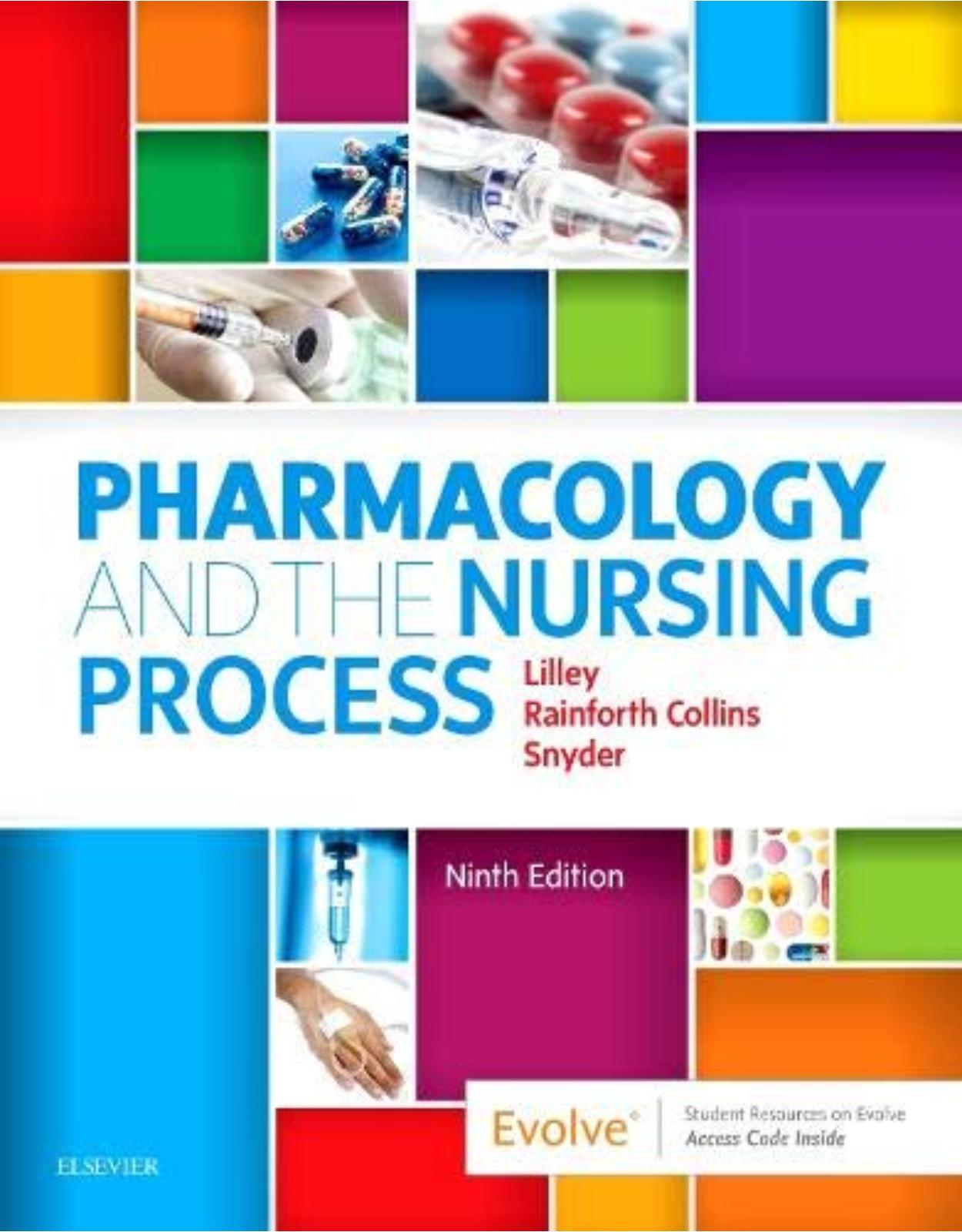


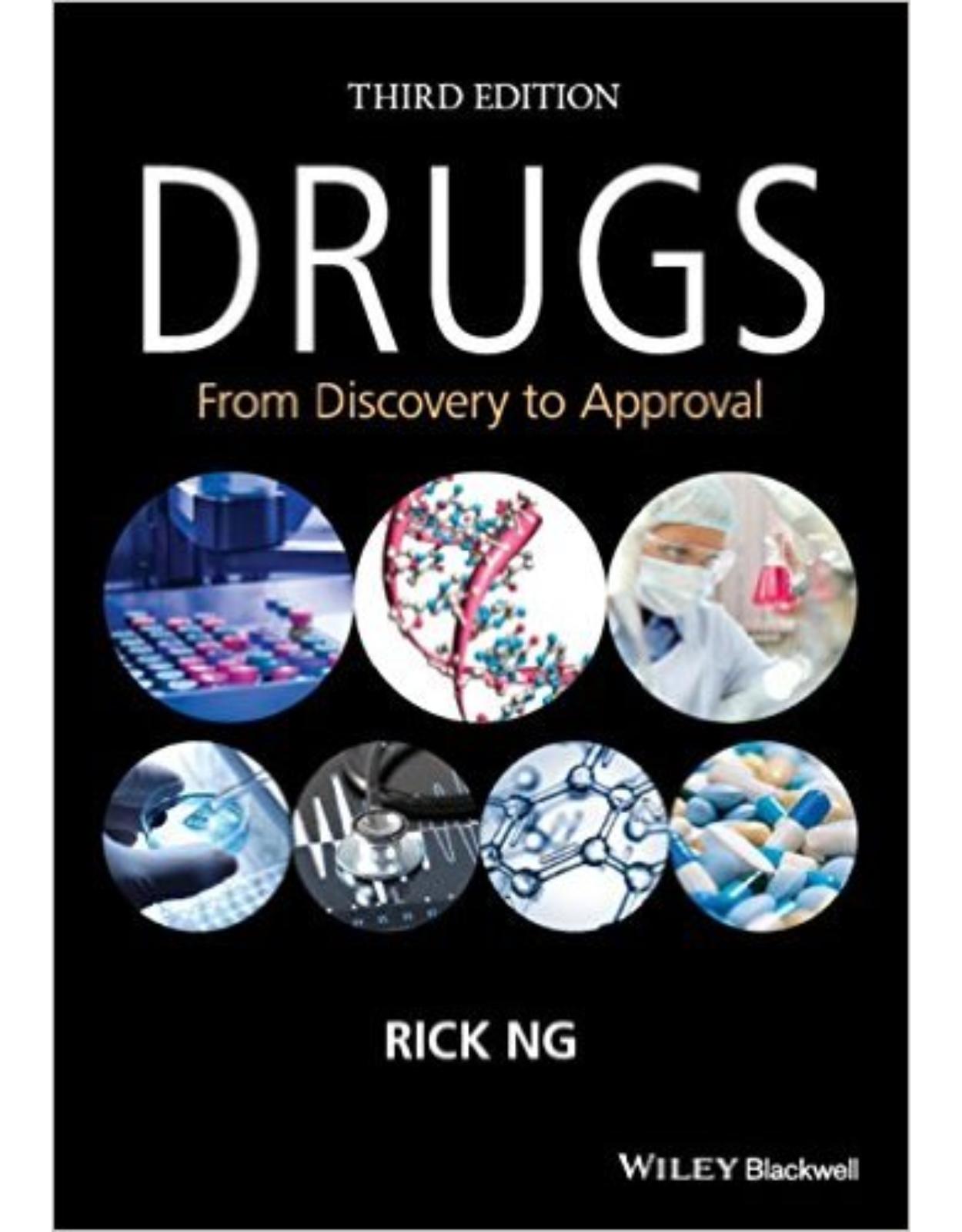


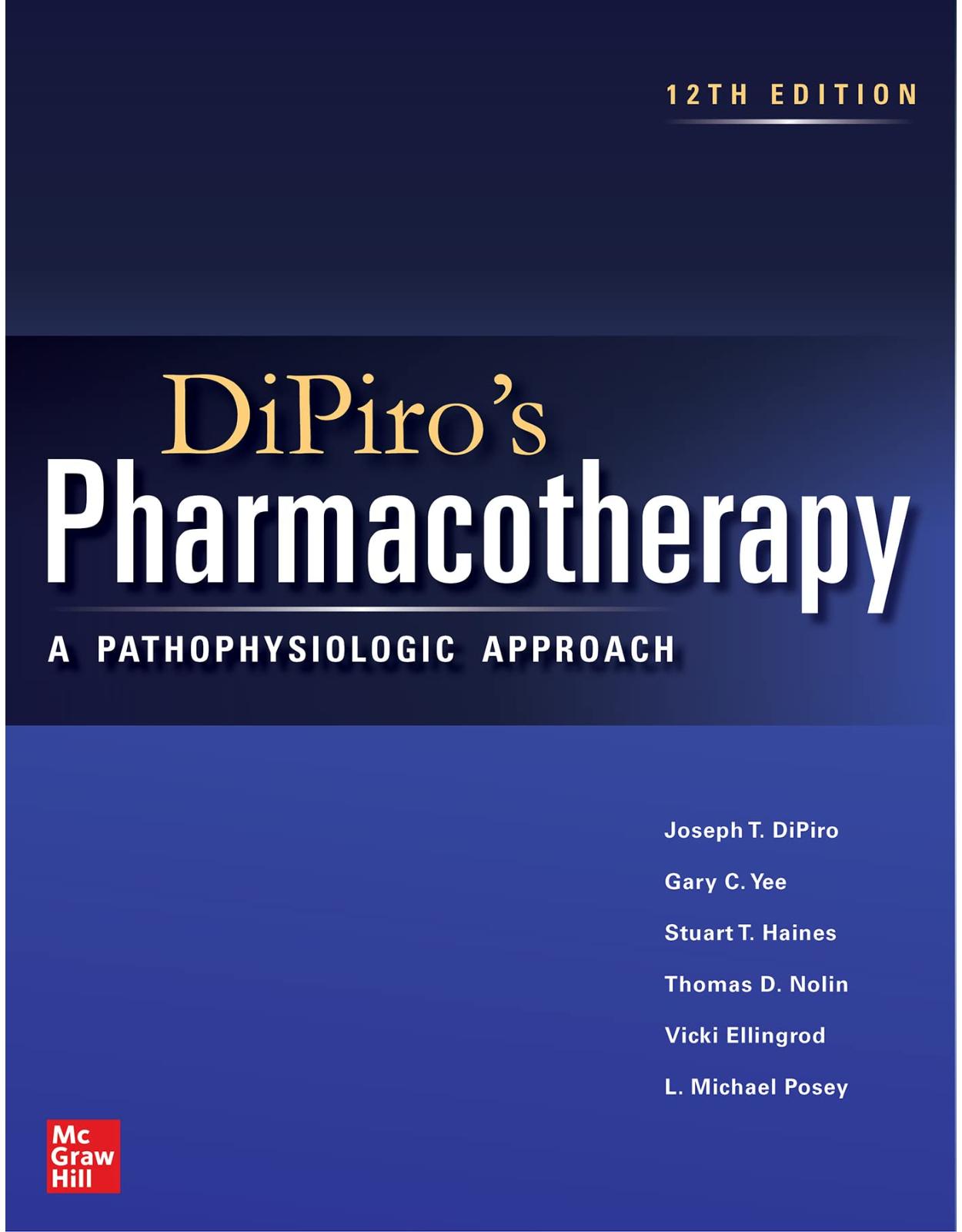






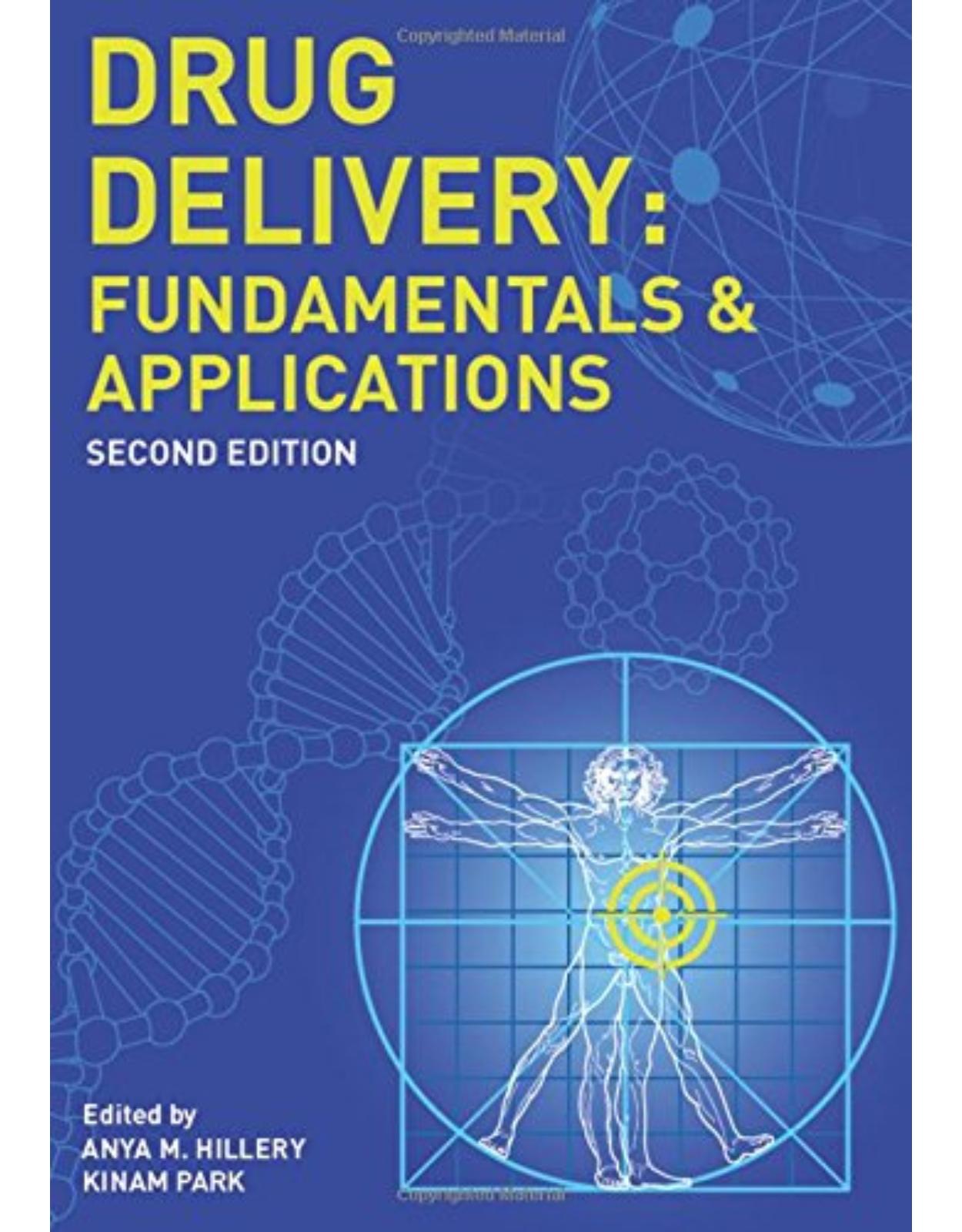
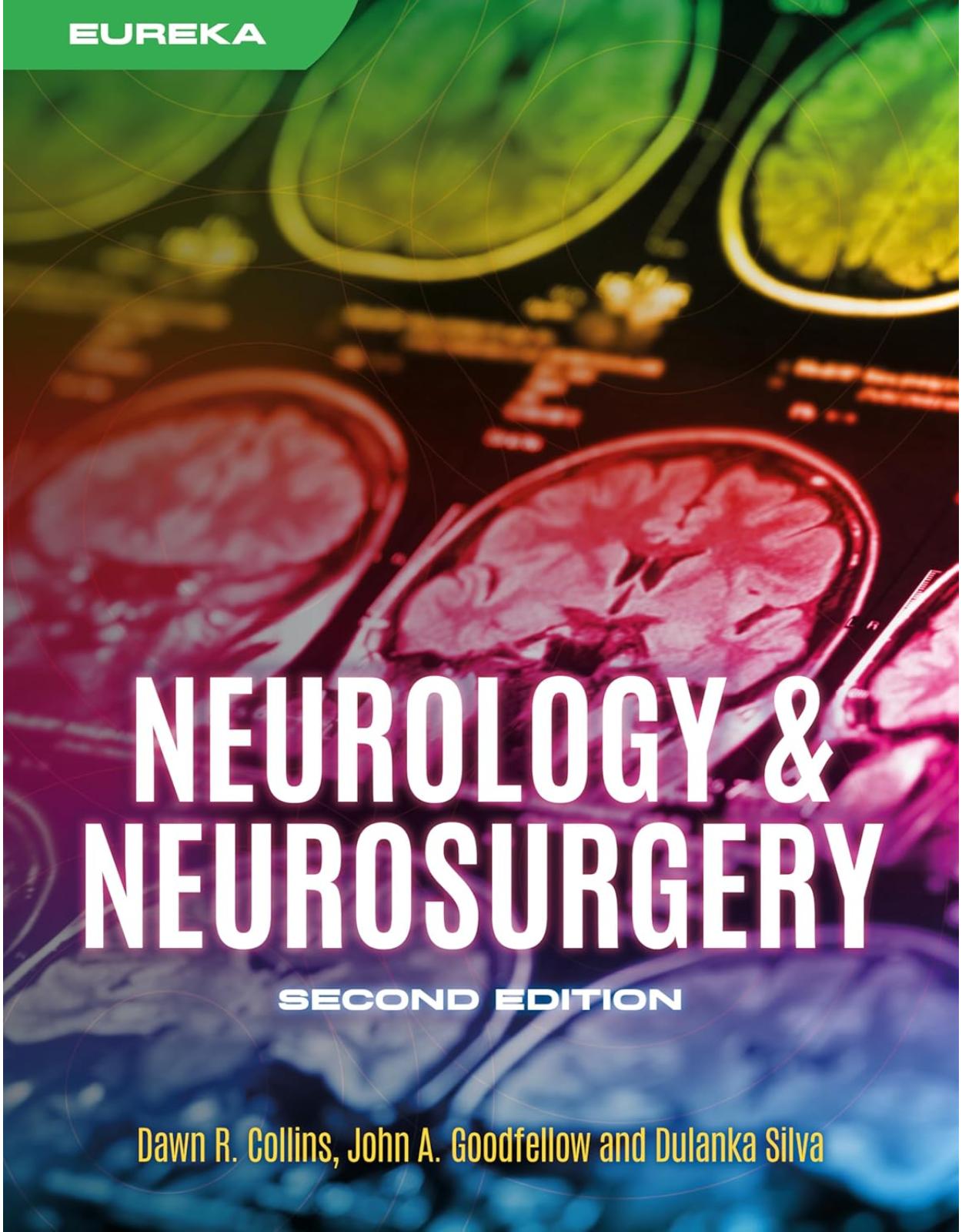
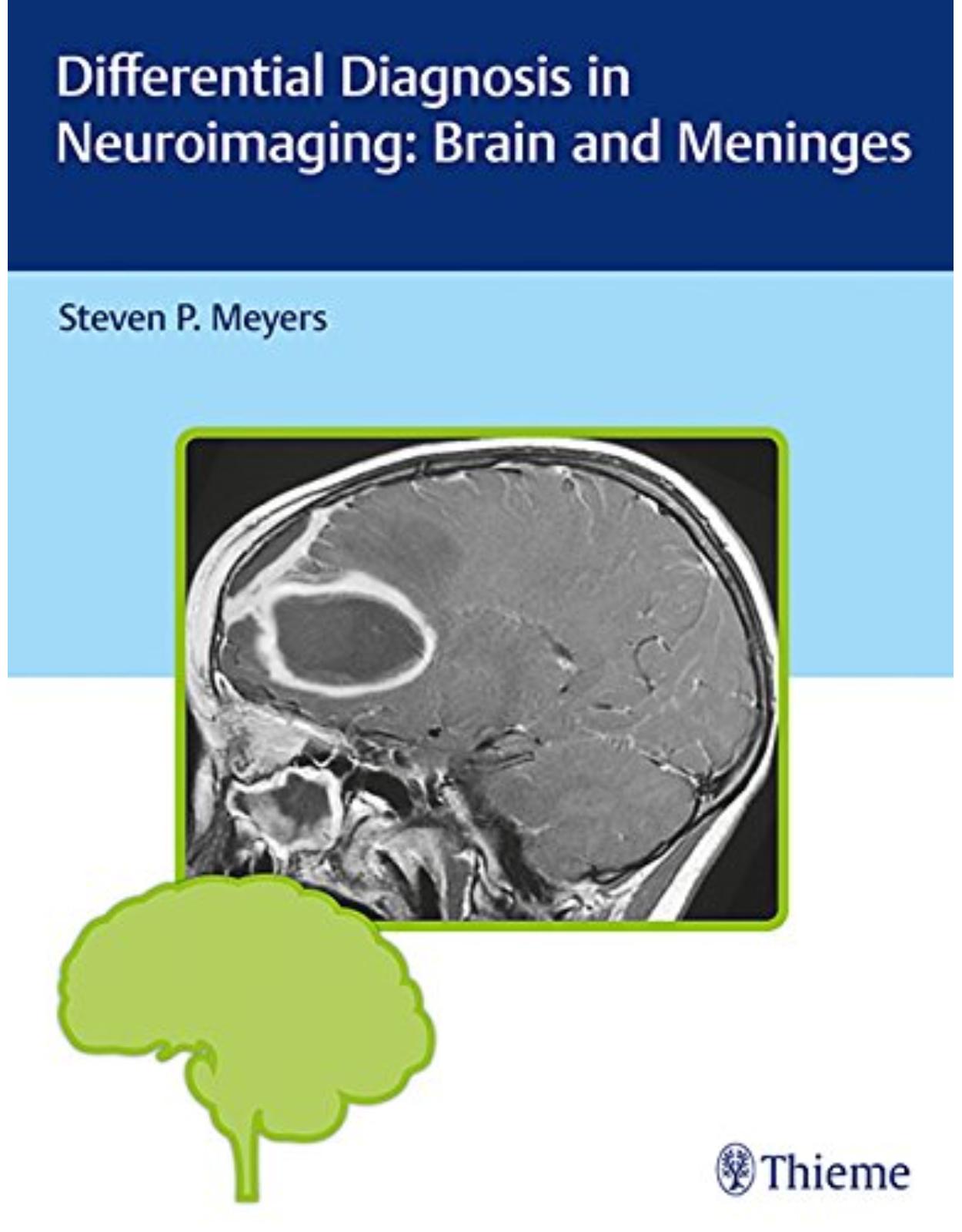
Clientii ebookshop.ro nu au adaugat inca opinii pentru acest produs. Fii primul care adauga o parere, folosind formularul de mai jos.